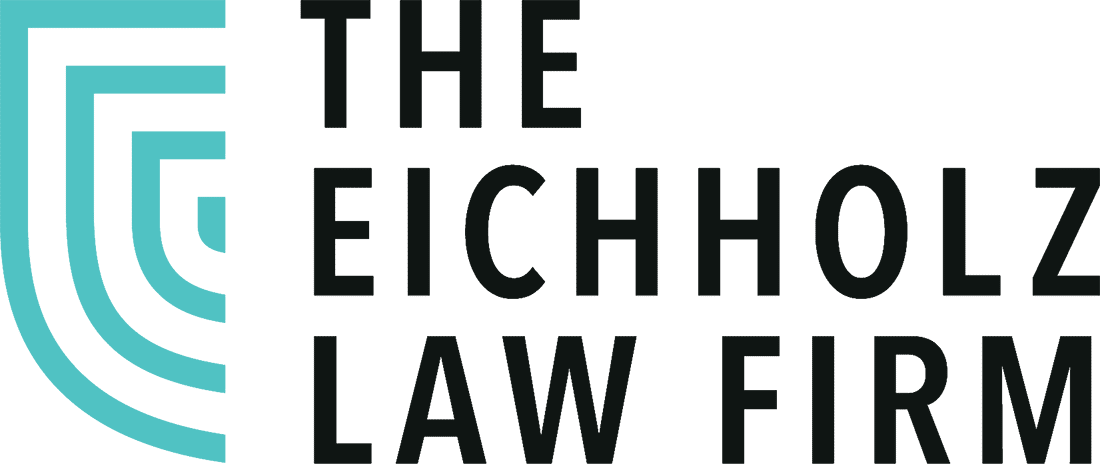When personal injury claims include severe injuries and extensive medical care, it’s not unusual for a claimant to permanently or temporarily be unable to work. When an injured individual cannot return to work due to emotional trauma or physical limitations resulting from an accident, they may be entitled to compensation for lost wages. It can become complicated in terms of any future income loss you may experience and loss of earning capacity, even though your past lost income may be easy to calculate.
What Is Loss of Income?
Loss of income in a personal injury case refers to employment benefits or wages lost due to an injury. To be more specific, loss of income is a loss of monetary income due to injuries the defendant inflicted upon the plaintiff. Lost earnings, loss of earnings, or lost wages are other terms for loss of income.
Pre-existing medical conditions that were not a direct cause of the defendant’s actions cannot be attributed to a loss of income. Also, the plaintiff must prove in a court of law, with reasonable certainty, the lost income. If a defendant is found responsible for a plaintiff’s injuries and any income loss, the court may require them to compensate for this as part of the plaintiff’s damages award. As opposed to punitive damages, these types of damages are considered compensatory.
For income to be recovered, it does not have to be lost all at once. If the plaintiff missed 40 days of work that was spread out during a single year due to their injuries, they could still recover lost wages for those days, but they would need to prove that their injury was responsible for their work absences. For instance, a plaintiff could prove that they had to miss some work days for medical appointments, doctor’s orders, physical therapy, or surgery.
Loss of Earning Capacity in a Lawsuit
A loss of earning capacity is different from the loss of income. Lost income refers to the exact amount of income lost due to time off work for your treatment or injuries.
Loss of earning capacity impairs your ability to work in the future, jeopardizing your ability to make a living. Suppose you can no longer perform the duties of your current position to the best of your ability due to your disability or injury and are no longer able to hold a job. In that case, you may be eligible to receive compensation for the impairment of earning capacity or the loss of future earnings.
The damages a person receives are calculated based on their ability to earn income after an injury, as opposed to before the injury occurred. If you are unable to work or earn wages due to the severity of your injuries, you can receive compensation for loss of earning capacity, even if you were still unemployed when the accident occurred.
Past Lost Earnings vs. Future Lost Earnings
Income a person loses from when they are injured until their claim is resolved is pretty easy to prove. The case is established through medical testimony from an expert witness, who can validate that the injured individual could not work due to the injuries they sustained when they became injured in the accident. Additional documentation and testimony from the injured plaintiff’s employer are provided to the court to confirm their work absences and the earnings they would have received if they were still working.
It’s challenging to prove future lost earnings in a court of law because injured plaintiffs may recover over time and eventually return to work on a part- or full-time basis. This makes proving their loss of earning capacity difficult.
Difficulty in Proving Loss of Earning Capacity in a Lawsuit
The following information may be needed to calculate damages to prove your loss of earning capacity:
- Testimony from an expert medical professional regarding the extent of the plaintiff’s injuries and how they could impact their employment performance in the future
- An examination of the current market values and wage rates to determine future lost income due to your injuries
- Your past earnings history and your earnings reduction after the accident occurred
- An all-encompassing assessment of your injuries in addition to a full recovery timeline
- Once you reach maximum recovery, if your injuries are long-term or full recovery isn’t possible, a realistic examination of your limitations and capabilities must be presented from an employment standpoint
- A complete analysis of any prospective and current employment duties that you are qualified and trained to carry out on a daily basis in light of any physical limitations you may face due to your injuries must be provided to the court, including what the financial implications could be if you were to perform a different line of work
- The projected income you might have received if you had not been involved in the accident, in contrast with a prediction of the income you would have reasonably expected to receive post-injury
- In terms of salary and position, any advancement or promotion that you may have reasonably achieved had you not become injured
It’s recommended that you discuss your case with an experienced personal injury lawyer, especially in situations where your injuries could significantly impact your ability to support yourself financially. They will be able to track down the necessary information you’ll need to prove your case and retain the best expert witnesses to determine the financial repercussions of your injury.
The Eichholz Law Firm Is Here for You
An essential aspect of a majority of personal injury claims are income losses. You must have an experienced legal professional on your side to help you receive the compensation you rightfully deserve for any loss of past or future earnings caused by an accident.
The Eichholz Law Firm offers free consultations to discuss the effects of lost income or other damages related to your case. To set up your free consultation, call us directly at 855-551-1019 or contact us online today.

